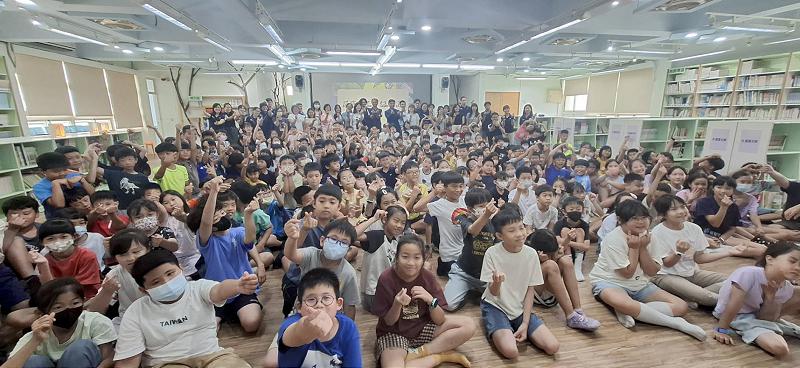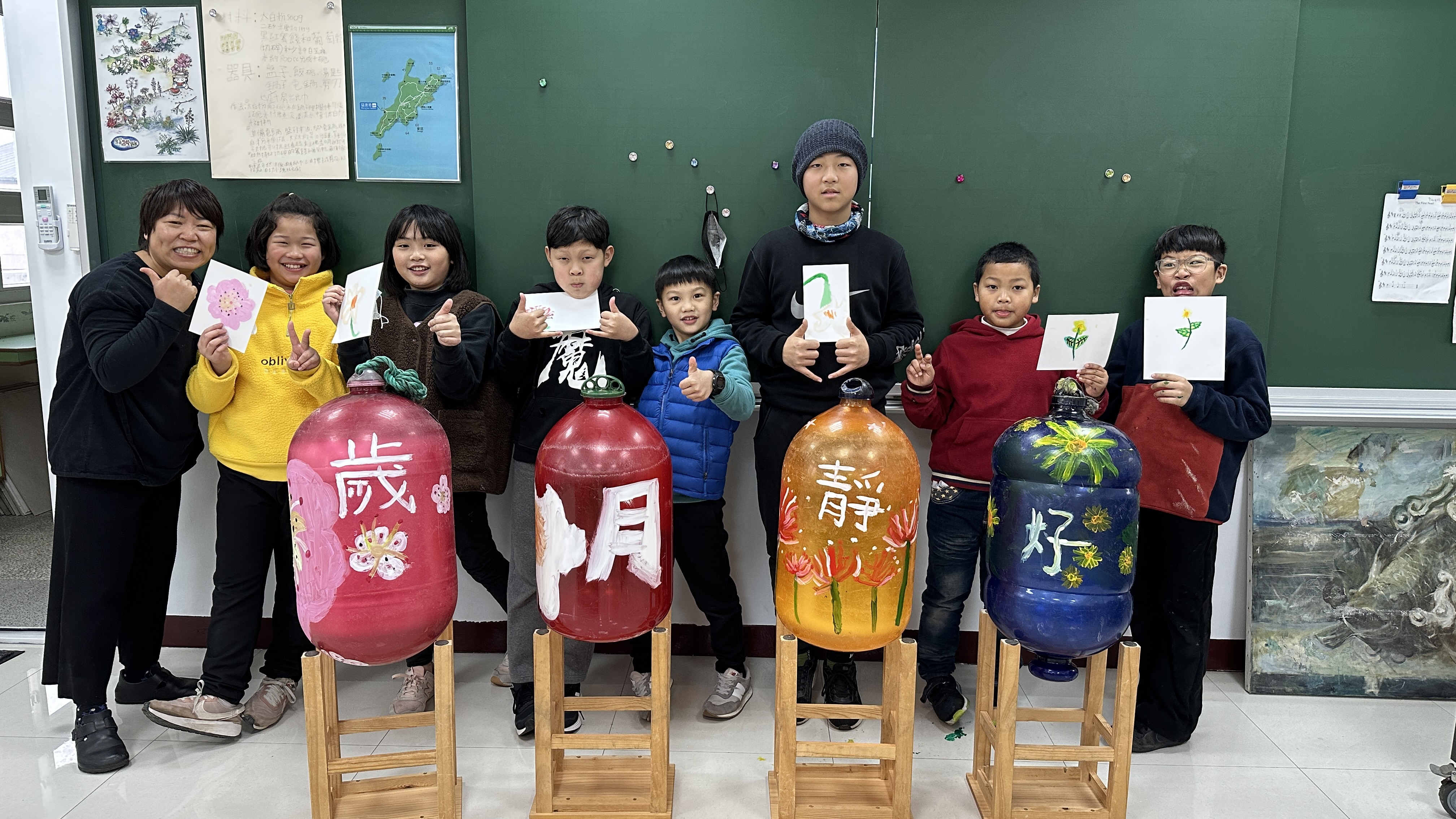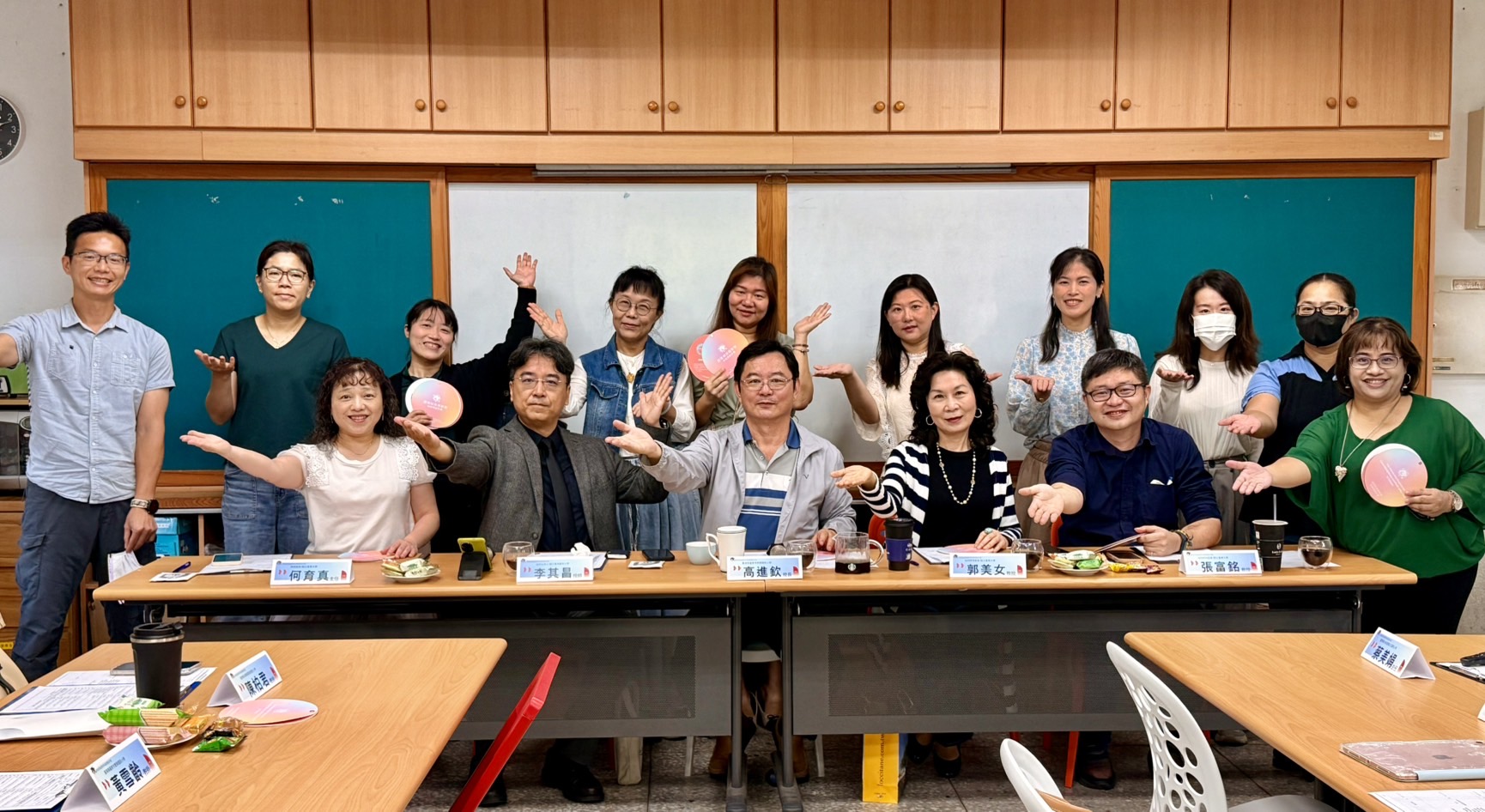News source: TTV NEWS/Reported by Feng Jinghui
News link:https://youtu.be/Q9Quwh1-KDY
Learn by doing! Students learn 4 areas at once through hands-on "piano making"
Biology and art courses guide the construction and design of the shamisen
Music + Physics and Chemistry students learn about the principles of sound waves and timbre
Ecological conservation + art class, collage art with natural materials
The new 108-year curriculum will be launched next year. Teachers in various schools are studying how to teach the cross-field courses it emphasizes. However, Taipei City Wuchang Junior High School has already launched experimental courses 4 years ago. The piano allows students to learn across 4 areas at once. Before making a piano, they have to draw a design drawing, which is guided by the life science and technology teacher. The subsequent coloring is taught by the art teacher, and finally the music teacher takes over teaching playing. The piano can also be combined with physics and chemistry classes to teach everyone about the principles of sound waves. Let’s see how the students respond to such cross-field teaching.
Playing the homemade balalaika, one by one, the scales are pieced together into pop music. The new 108 curriculum emphasizes literacy-oriented and cross-field learning. How should cross-field teaching be done in one class? From cutting the wood to assembling and painting, each piano is unique. But before making a piano, you need to draw a design drawing, which is guided by the life science and technology teacher. The subsequent coloring is taught by the art teacher, and finally the music teacher takes over. For teaching playing, this piano can also be combined with physical and chemical classes to understand the principles of sound waves, and teachers have made great efforts in cross-field teaching. Doing it yourself always makes you feel better. Applying what you have learned, solving problems, and literacy orientation are the core standards of the new curriculum. In addition to the series of piano-making courses, the school also combines ecological conservation and art classes, moving the classroom to the park. Through the understanding of ecology, it is presented in the form of art such as collage of natural materials. Cross-field courses have gradually become a teaching trend.



